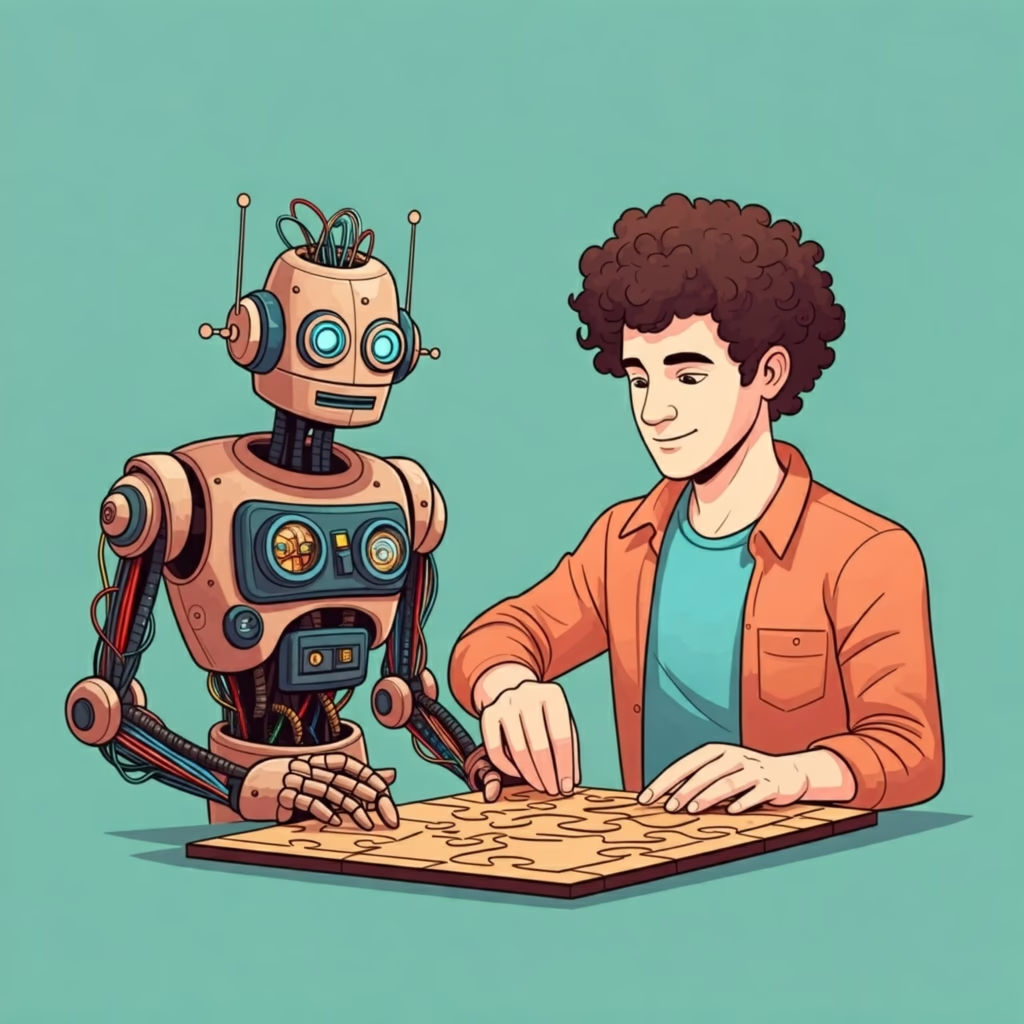Wah, Punjab, Pakistan – Artificial intelligence is rapidly changing the world around us. From self-driving cars to AI-powered medical diagnoses, it seems like there’s no limit to what machines can do. But amidst this technological revolution, one question looms large: what role will humans play in a world increasingly dominated by AI?
While AI excels at automating tasks and analyzing vast amounts of data, experts believe that human creativity and problem-solving skills will become even more crucial in the years to come.
“AI is a powerful tool, but it lacks the spark of human ingenuity,” says Dr. Ayesha Khan, a leading AI researcher based in Lahore. “Humans possess the unique ability to think outside the box, connect seemingly unrelated ideas, and come up with innovative solutions that AI simply cannot replicate.”
This sentiment is echoed in various sectors. In the art world, AI algorithms can generate stunning visuals, but they lack the emotional depth and originality of human artists. Similarly, in fields like marketing and advertising, AI can analyze consumer data and optimize campaigns, but it’s the human touch that creates truly compelling and memorable content.
The rise of AI is also transforming the job market. While some fear that machines will replace human workers entirely, others see it as an opportunity for humans to upskill and focus on tasks that require uniquely human abilities.
“The key is to adapt and embrace lifelong learning,” advises career counselor, Mr. Rizwan Ali. “By developing critical thinking, problem-solving, and creative skills, individuals can position themselves for success in the AI era.”
This means focusing on areas where humans have a distinct advantage, such as:
- Complex problem-solving: Tackling challenges that require critical thinking, adaptability, and nuanced judgment.
- Innovation and creativity: Generating novel ideas, designing new products, and finding creative solutions to emerging problems.
- Emotional intelligence and interpersonal skills: Building relationships, communicating effectively, and understanding human emotions – all crucial in fields like leadership, therapy, and customer service.
The future of work in the AI era is likely to be one of collaboration between humans and machines. By leveraging the strengths of both, we can unlock new levels of productivity and innovation.
The challenge lies in ensuring that humans remain at the helm, guiding and shaping the development of AI in a way that benefits society as a whole. As we navigate this uncharted territory, one thing is clear: human creativity and problem-solving skills will be the compass that guides us towards a brighter future.



